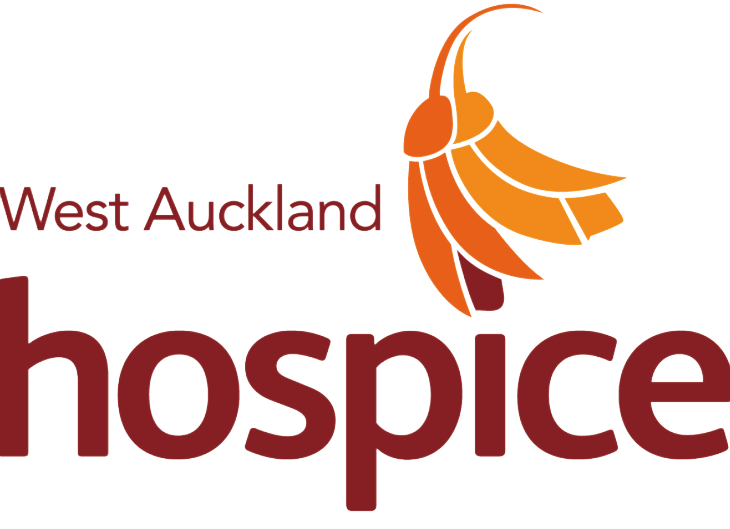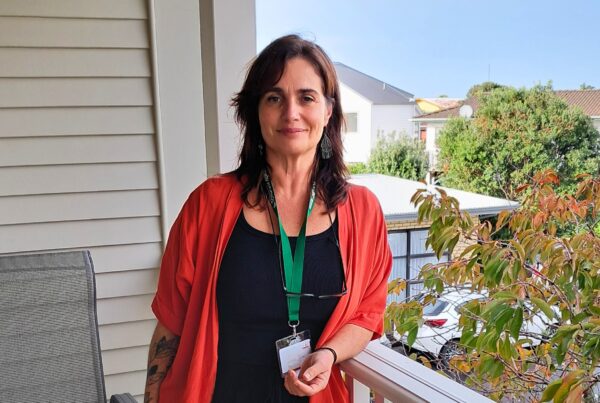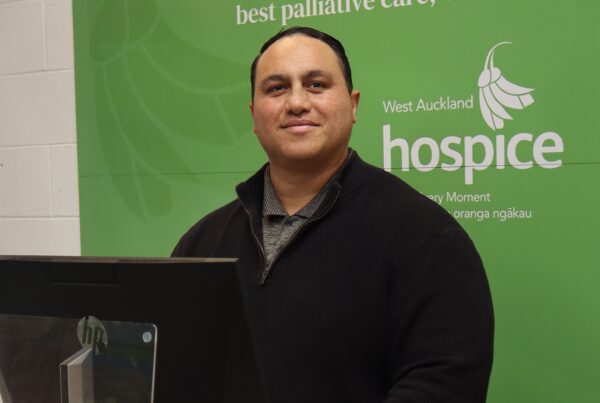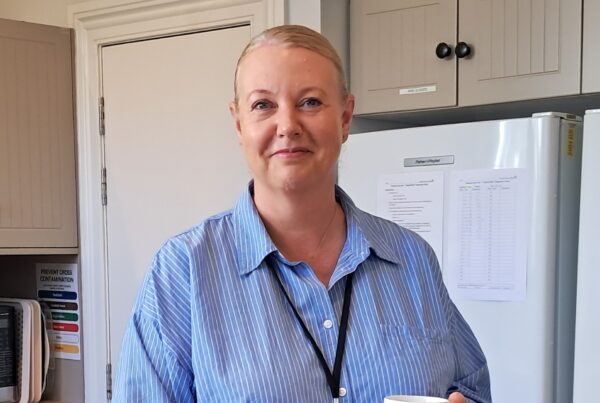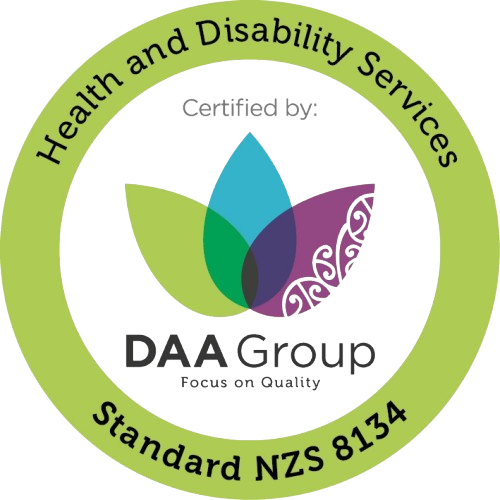This week we are celebrating Samoan Language Week. We asked Theresa, Clinical Nurse Specialist Liaison at Hospice West Auckland, questions about her Samoan culture.
Q. Tell me about your Samoan heritage
A. I was born in Samoa and my family moved to Wellington when I was young. For me, growing up in Wellington, it was really important to have those close ties to our culture – it was my connection to Samoa, and meant that I benefitted from both Samoan and Kiwi influences.
Q. How do you embrace your Samoan culture in your life today?
A. It’s a big part of my identity – it helps me to make sense of everything. We try to speak Samoan as much as possible at home because we want our kids to have that experience and connection to their culture. They’re Kiwi kids who are Samoan: their roots are here in New Zealand, but we do want them to learn and grow into the part of them that is Samoan. We believe that will help with their identity as they grow up, and hope they will be able to see other people in a different light.
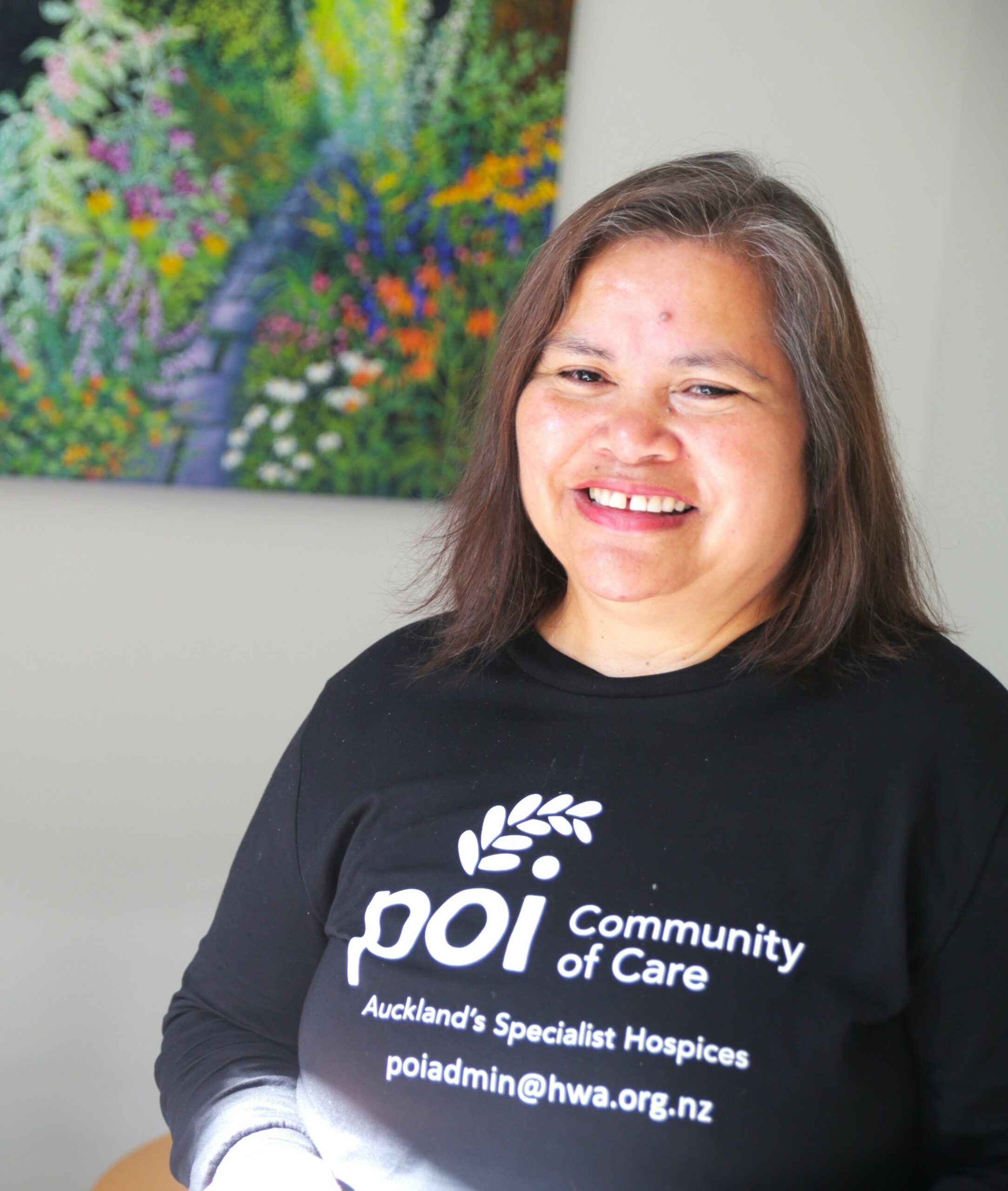
Q. What types of traditions or customs are important to you?
A. There are lots of different customs that Samoan people in New Zealand practice to feel more connected. Faʻa Sāmoa is a phrase we use that covers everything that is Samoan: the Samoan way.
Food plays a big part in Samoan culture, and preparing traditional foods is something that was passed down to me by my mother and I hope to pass it onto my kids too. For example, I love Koko Samoa which is like coffee but a lot stronger. Generally speaking, Samoans share and express love through sharing food and that’s definitely true in our family.
We love to listen to Samoan music in the weekend. The kids roll their eyes but we love our Samoan dancing and music! Religion is also a big part of Samoan life and our faith is very meaningful to us.
Q. How has your culture impacted on your role here at Hospice?
A. One of the things I love about working at Hospice is the way it truly provides holistic care. I’ve had the opportunity to translate for some of our Samoan patients. One experience I remember that really highlighted the importance of our language was on a visit with Patricia, one of our Social Workers, to see an older Samoan lady. She was struggling with the language barrier and had seemed quite sad and lonely. The day we visited I spoke to her in Samoan then sang something in Samoan and she started to sing along. I really felt the importance of that cultural connection for her was through the music and language. It was very special to see and so lovely to see her smile.
